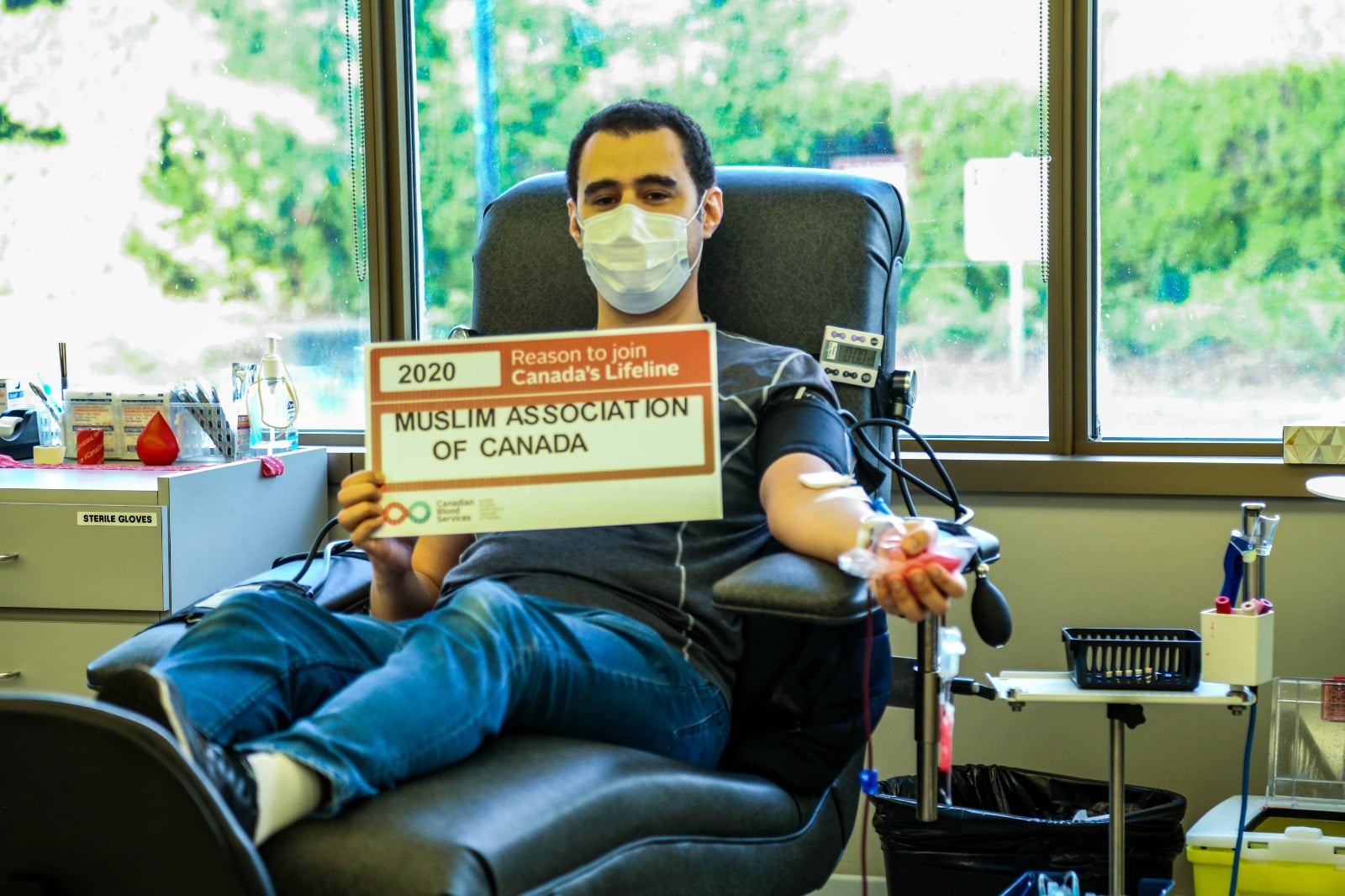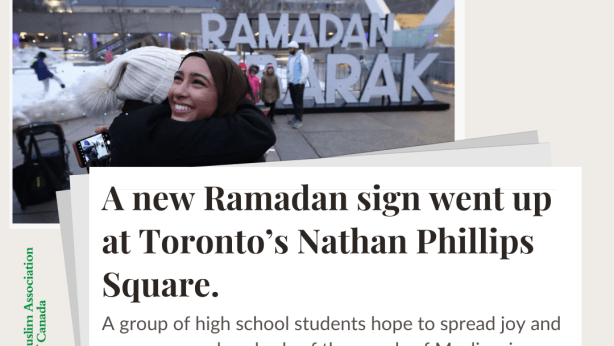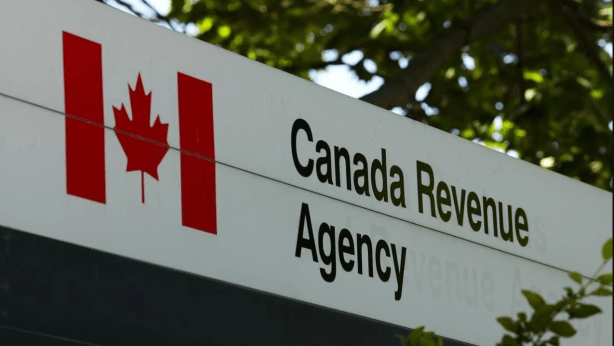The Pandemic Can Bring Us Together In Service—Let’s Start By Giving Blood

More than anything else, the pandemic has exposed how much human beings need each other. Every person has leaned on a family member, friend, a nurse, or another frontline worker just to get through 2020. But there’s an unsung hero lost in the mix. Countless people depend on it every day for survival and this pandemic has highlighted its importance. I’m talking about Canada’s leading blood donation agency – the Canadian Blood Services (CBS).
Covid-19 has spiked Canadians’ need for blood donations and transfusions. More sick people means more people who need blood. In 2019, CBS met the demand for blood across the country after Canadians gave generously. But in March 2020, the pandemic scared people away and Canada faced a critical blood shortage after donations d
ropped by 20%. Surgeries were canceled by hospitals as blood supplies started to run alarmingly low. Blood donation is an essential service and the Prime Minister and other leaders across the country asked Canadians to donate. Patients were in desperate need.
Canadians stepped up. Clinics extended their hours and put in strict safety guidelines. Protocols were built for people to register and book appointments online, thus minimizing human contact. Donation processing was also streamlined and sped up.
As a result, blood donations surged and eventually supply matched demand. Still, the battle is ongoing and CBS must collect 17,000 units of blood every week. Common blood types have about 28 days shelf life. Rare types may last only about 4 to 5 days.
CBS is calling for constant donations and as Covid-19 infections spike again across the country in what appears to be a strong second wave, Canadians cannot become complacent. CBS needs to ensure the national supply meets demand during the winter months.
Community organizing – from every community regardless of background – needs to drive the blood donation effort. Canadian Muslim organizations have been calling for blood donations since March. When the pandemic first hit, the Muslim Association of Canada (MAC) prioritized and targeted food shortage and blood donation needs. Across the country, chapters led the charge and the organization’s effort was recognised by the Prime Minister. The Vancouver chapter called for Canadians to respond to the local blood demand at blood drives in partnership with CBS with robust cleaning, infection-control practices and strict screening measures to ensure the safety of donors, staff and volunteers. Other Muslim organizations like Islamic Relief, one of the largest Canadian humanitarian relief organizations, have been doing the same.
Our faith emphasizes the intrinsic connections between people of all cultures and creeds. As found in the Holy Quran [5:32]: “If anyone saves a life, it shall be as if he saved all mankind.” Muslims are driven by this as a guiding principle for service to humanity. Given the unique and challenging circumstances of this past year, humanity’s need for positive interdependence has only been further reinforced.
Sustaining life is the most basic and essential human need. Donating blood not only can save a life but is important for one’s own benefit. At a time when we feel so distant from others, a simple act of goodness makes us more aware and gives us purpose. Blood flows within all of us, and for those of us who are able to share it, it is a simple way to give back.
This pandemic has led to many realizations and drastic changes, and some changes are here to stay. Change or crisis always implies opportunity, and we must use the pandemic’s disruptive powers to build and sustain stronger inter-communal relations.
Community is about shared values and empathy between all human beings. We must come together in service to give the gift of life and blood.
Fouad Abbassi serves the Muslim Association of Canada (MAC) as the volunteer Head of The Civic Engagement Committee for Greater Vancouver.
Original Article found here


